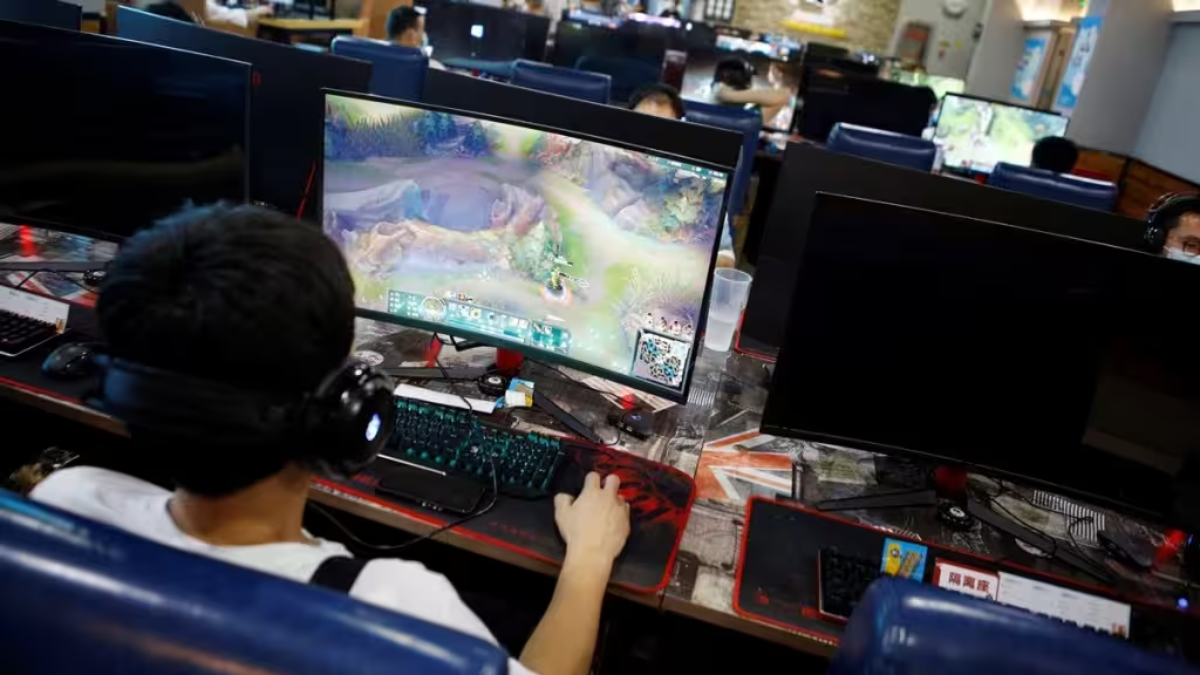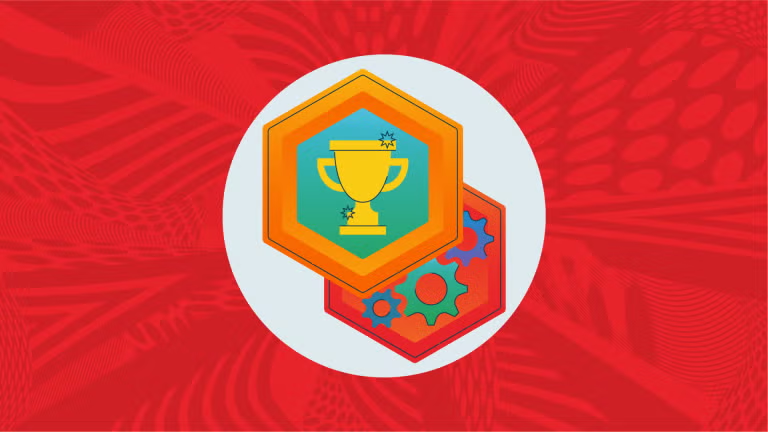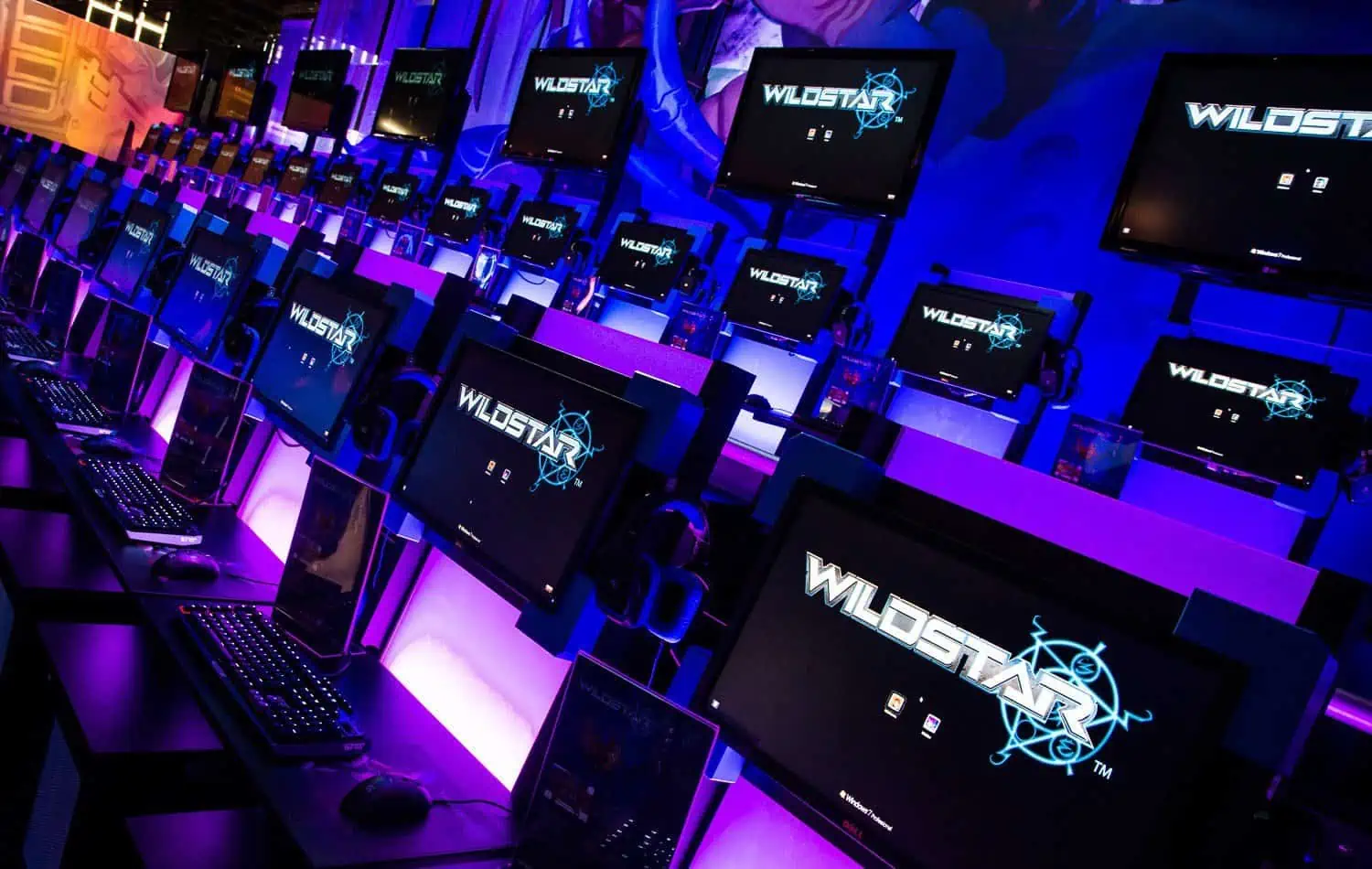The online gaming industry has seen an explosive rise in recent years, driven by technological advancements, evolving player expectations, and an increasingly global gaming community. The global gaming market is now one of the most lucrative and dynamic sectors, with millions of players joining daily to engage, compete, and socialize. As gaming continues to evolve, the opportunities for business owners, tech innovators, and creative professionals are endless. Whether you are an aspiring entrepreneur or an established professional, the online gaming industry offers a vast array of business solutions that can be leveraged for significant success.
If you’re wondering how to tap into the booming gaming world, this article will provide a deep dive into some of the most promising and profitable business opportunities within the online gaming sector. From game development and design to data analysis and esports management, the possibilities are virtually limitless.
1. Game Development and Design Services: Shaping the Future of Gaming
At the core of the online gaming industry lies game development and design. The rise of gaming platforms has created a need for fresh and exciting content, with both players and developers constantly on the lookout for new and innovative gaming experiences. Game development involves a wide range of activities, from conceptualizing game mechanics to designing characters and environments, programming code, and implementing engaging storytelling.
As a game developer, the opportunities are boundless. Whether you’re creating visually stunning role-playing games (RPGs), fast-paced first-person shooters (FPS), immersive open-world games, or mobile games, your skillset can have a direct impact on the global gaming community. Developers not only create the backbone of the gaming experience but also introduce new gaming models such as augmented reality (AR), virtual reality (VR), and cloud-based gaming. The growth of online multiplayer games further amplifies the demand for game designers who can craft engaging player-versus-player (PvP) experiences.
Monetization Strategy: Game development doesn’t only offer creative satisfaction; it also presents a wide range of revenue-generating possibilities. From one-time game sales to in-app purchases, downloadable content (DLC), subscriptions, and microtransactions, developers have numerous ways to monetize their creations. With the increasing shift toward free-to-play models, developers can incorporate in-app purchases such as virtual goods, cosmetics, characters, and even loot boxes to generate continuous income.
Skills Required: To succeed in game development and design, proficiency in coding languages such as C++, Python, or JavaScript is essential, as well as experience with game engines like Unity or Unreal Engine. A solid understanding of user interface (UI) and user experience (UX) design, as well as artistic skills for visual elements, will set you apart in this competitive field.
2. In-Game Advertising: A New Era of Brand Interaction
In-game advertising is a rapidly growing segment within the gaming industry. Traditional advertising methods, such as banner ads or TV commercials, are increasingly ignored or blocked by users, but in-game advertising blends seamlessly into the gaming experience. Advertisers can now integrate their brands into games in a way that feels natural and immersive, enhancing the player’s experience while promoting products or services.
In-game advertisements can take several forms, from static product placements like billboards and branded clothing to interactive ads that offer players rewards or unlockables in exchange for watching short videos or completing tasks. Additionally, sponsored events and in-game collaborations with brands are increasingly popular, offering players unique rewards while promoting real-world products.
Monetization Strategy: Businesses that specialize in in-game advertising can act as intermediaries between developers and brands, connecting advertisers with game creators to integrate targeted ads within games. This provides both parties with an opportunity to profit from the growing audience within gaming communities. In-game advertising can be particularly effective in mobile gaming and esports, where large and diverse audiences engage daily.
Skills Required: Professionals in in-game advertising must understand the gaming ecosystem and be adept at connecting brands with relevant gaming audiences. Familiarity with data analytics, consumer behavior, and marketing strategies is crucial for creating effective in-game ad campaigns that resonate with players without interrupting gameplay.
3. Cloud Gaming Infrastructure: Unlocking the Power of Streaming
Cloud gaming, also known as game streaming, is transforming how games are played and distributed. Players no longer need to own expensive hardware or download large game files to enjoy the latest titles. Instead, they can stream games directly to any internet-connected device, including smartphones, tablets, and smart TVs, all thanks to powerful cloud infrastructure.
This shift allows gamers to access high-quality gaming experiences without the need for costly consoles or gaming PCs, expanding the market to include players from all income levels. As cloud gaming becomes more prevalent, the demand for robust cloud infrastructure solutions will increase, offering business owners the chance to create and manage these platforms.
Monetization Strategy: Cloud gaming platforms generate revenue through subscription models, where players pay a recurring fee to access a library of games or individual game purchases. Service providers can also offer premium tiers that grant access to exclusive content, higher-quality streams, or enhanced gameplay features. By optimizing server architecture for low latency and high-quality streams, cloud gaming providers can offer seamless experiences that keep players engaged.
Skills Required: Building and maintaining a cloud gaming platform requires expertise in cloud computing, server management, and network infrastructure. Knowledge of latency reduction, data storage, and video streaming technologies are essential to creating a platform that offers seamless gameplay across different devices.
4. Monetizing Payment Systems: Creating Seamless Payment Experiences
The online gaming industry thrives on microtransactions, subscriptions, and in-game purchases, all of which require secure, seamless payment solutions. Gamers are more than willing to spend money on their favorite games, whether it’s purchasing virtual goods, unlocking content, or subscribing to premium services. However, businesses must ensure that payment methods are easy to use, secure, and fast to encourage higher conversion rates and enhance the overall player experience.
Developing a monetization solution for payment systems involves providing various payment options, including credit/debit cards, e-wallets, and cryptocurrencies. Additionally, offering localized payment methods that cater to different global markets can significantly increase conversion rates. A seamless and secure payment gateway reduces the friction for users and ensures that players feel confident making transactions.
Monetization Strategy: Payment systems can be monetized through transaction fees, service charges, or partnerships with payment providers. In addition, businesses can explore the creation of in-game currencies that act as a universal payment method within games, driving player spending.
Skills Required: To succeed in the payment system space, you must have a solid understanding of payment technologies, e-commerce systems, and security protocols. Knowledge of fintech and cryptography is also valuable for building safe and reliable payment infrastructures.
5. Esports Event Management: Capitalizing on Competitive Gaming
Esports has become a global phenomenon, with professional players and teams competing in high-stakes tournaments that attract millions of viewers worldwide. Esports events, whether online or in-person, offer an incredible opportunity for businesses to enter the market by organizing and managing these events.
As an esports event manager, your role is to design and execute compelling tournaments that attract both players and audiences. From logistics and location scouting to sponsorships, streaming, and team coordination, there are many facets to managing a successful esports competition. Esports event management also includes broadcasting and streaming tournaments live, often via platforms like Twitch or YouTube, which significantly increases the reach and engagement of events.
Monetization Strategy: Revenue can be generated through ticket sales, merchandise, sponsorships, and advertising. Hosting online esports tournaments is another way to tap into the growing esports ecosystem, providing a platform for smaller players to showcase their skills while driving viewership and engagement.
Skills Required: Esports event management requires expertise in event planning, logistics, digital broadcasting, and sponsorship negotiation. Understanding the esports audience and working with various stakeholders, including players, sponsors, and broadcasters, is key to organizing a successful event.
6. Player Insights and Data Analytics: Unlocking the Power of Data
Data analytics is a powerful tool for understanding player behavior, improving game design, and optimizing marketing campaigns. By analyzing player data, developers and marketers can identify trends, preferences, and pain points to improve the overall gaming experience.
For example, understanding which in-game items are most frequently purchased or which levels players tend to spend the most time on allows developers to make informed decisions about future updates and content. Additionally, predictive analytics can help developers forecast player behavior, retention rates, and even the success of in-game promotions.
Monetization Strategy: Data analysis businesses can monetize their services by offering analytics solutions to game developers, marketers, and esports organizers. By providing valuable insights that improve game design, player retention, and marketing strategies, data analysts can help businesses optimize their operations.
Skills Required: A strong foundation in data science, machine learning, and statistics is essential for analyzing large sets of player data. Knowledge of game mechanics and player psychology is also beneficial for understanding how data translates into actionable insights.
Conclusion: Embracing the Digital Gaming Revolution
The online gaming industry is thriving, and its future is filled with countless business opportunities. Whether you’re a game developer, marketer, event manager, or data analyst, the gaming world is brimming with potential. To succeed, you must embrace innovation, stay ahead of trends, and always aim to provide value to the global gaming community.
By focusing on game development, cloud gaming, in-game advertising, esports, and data analysis, you can carve out a niche for yourself in this rapidly evolving space. As technology continues to advance and player expectations rise, the online gaming industry will remain a lucrative and exciting sector for years to come. Now is the time to get involved—whether you’re launching a new business or growing an existing one, the opportunities are waiting.











